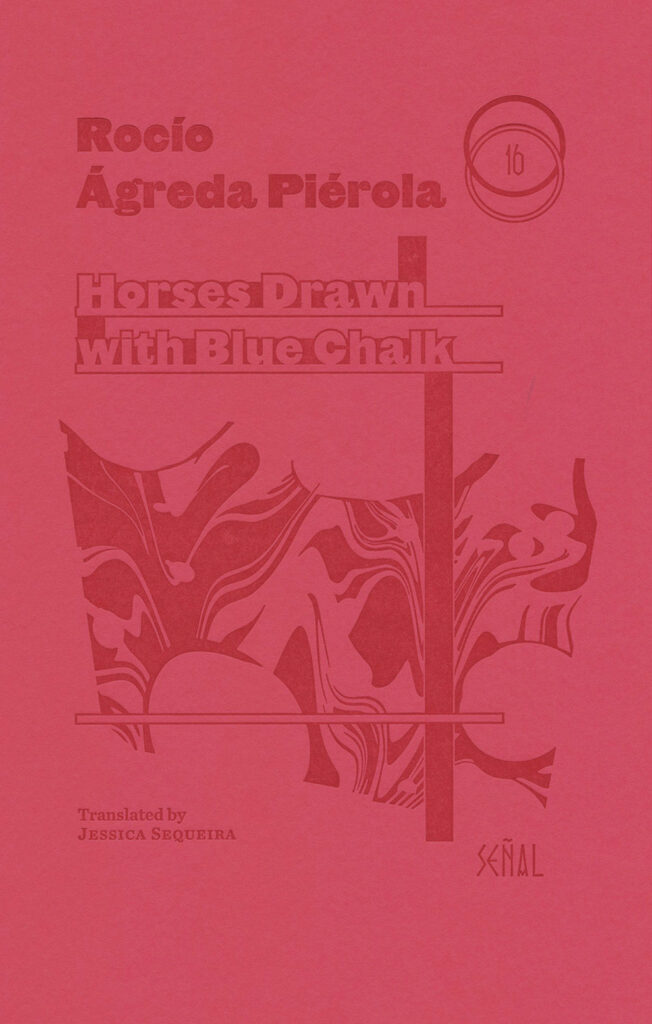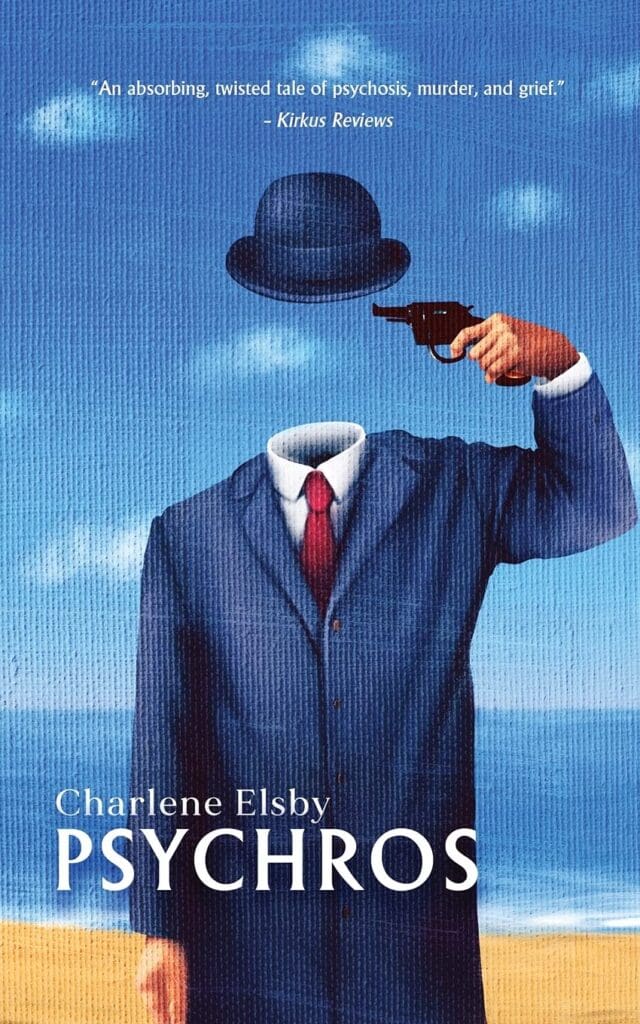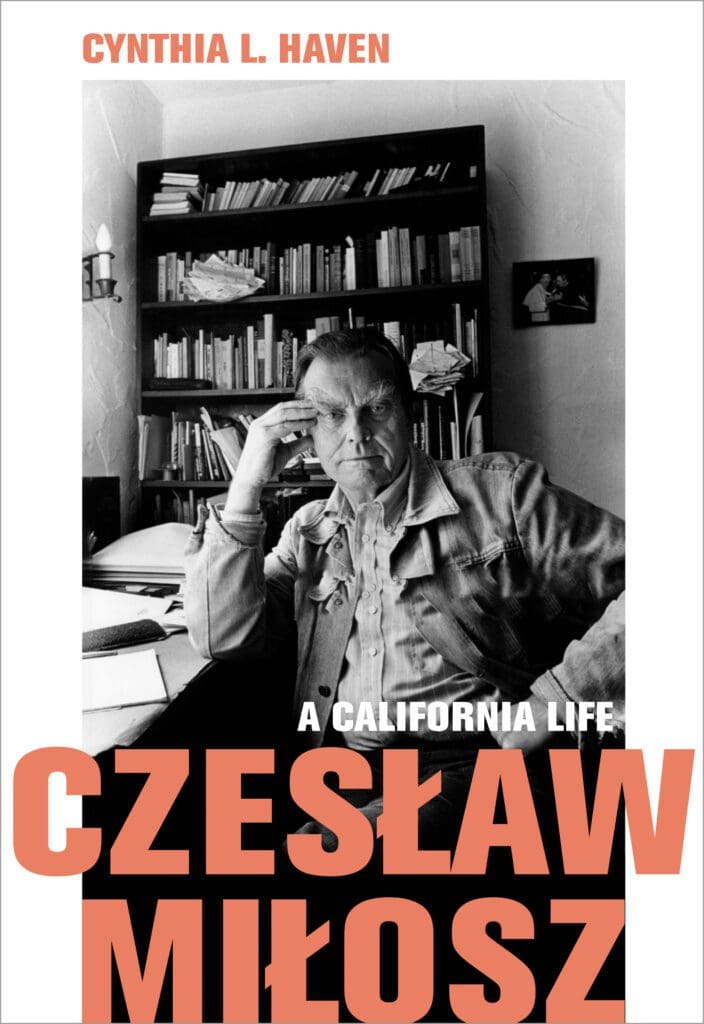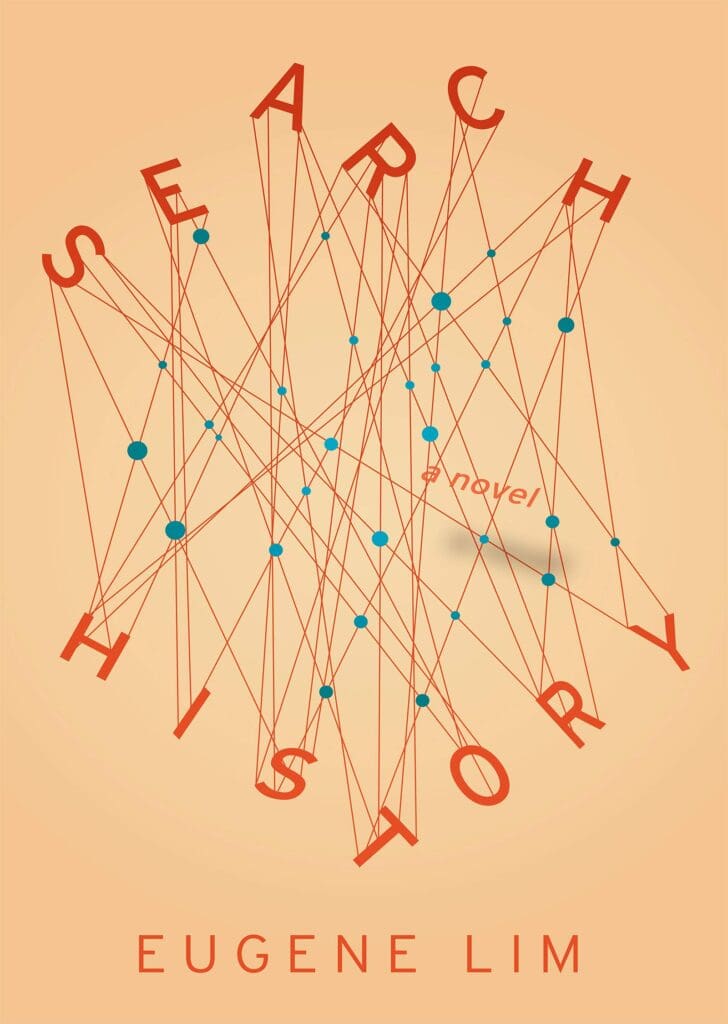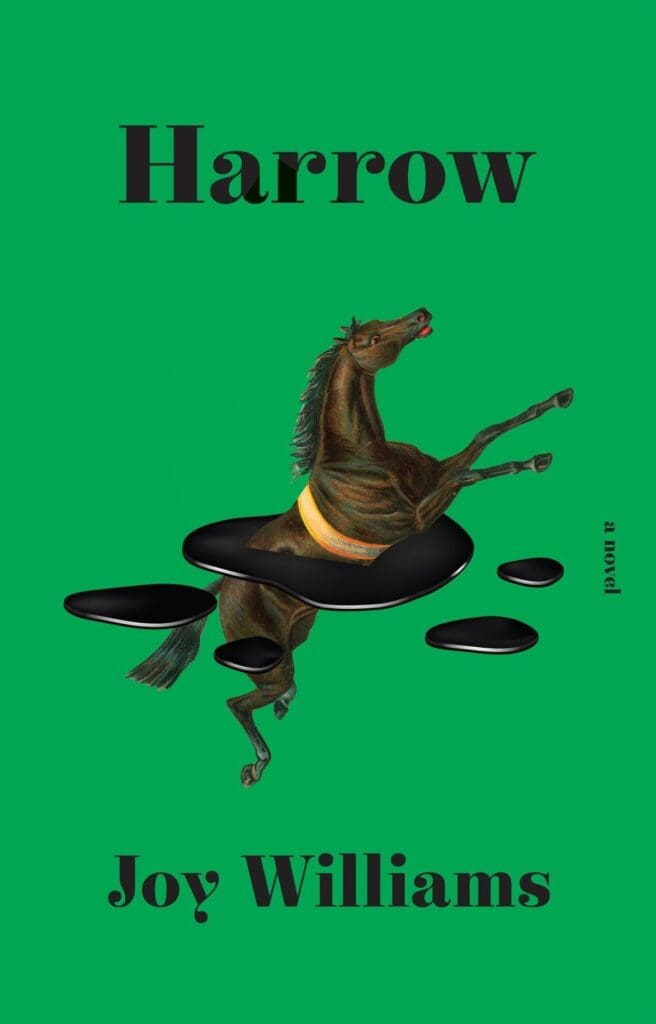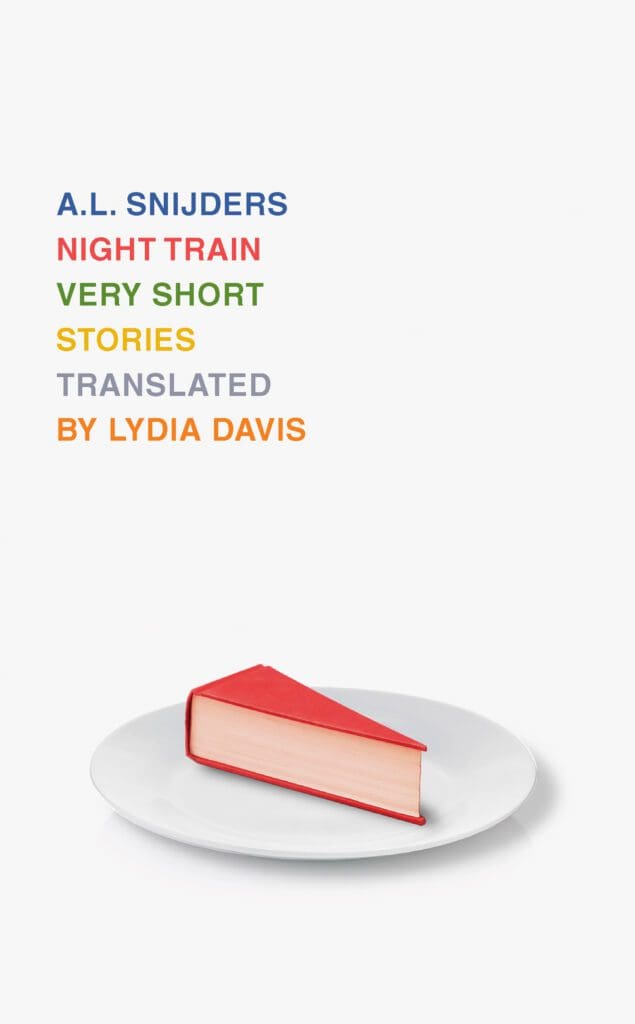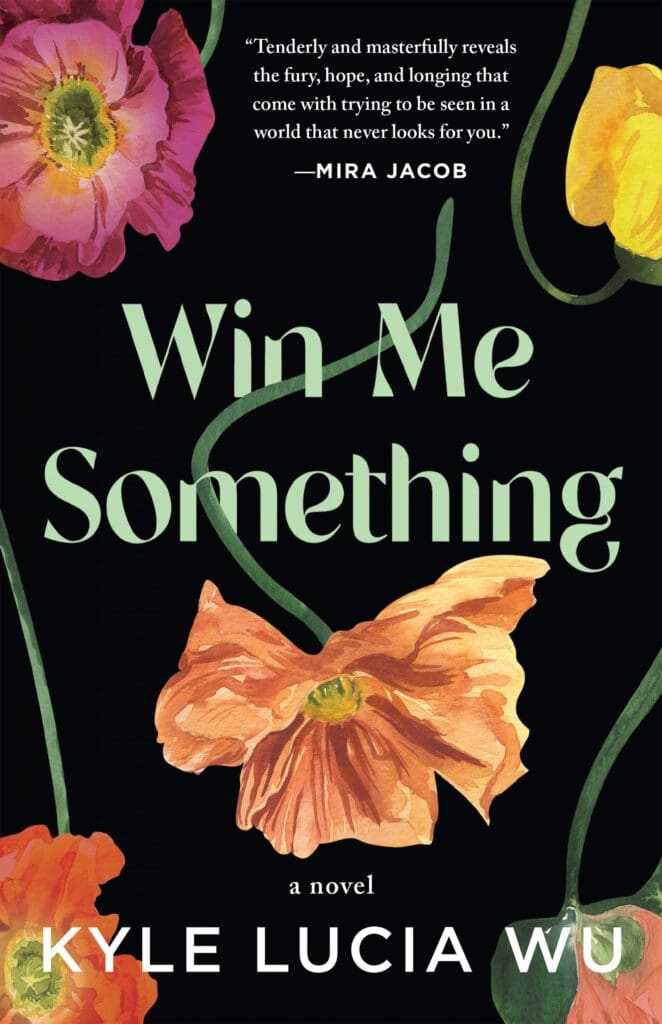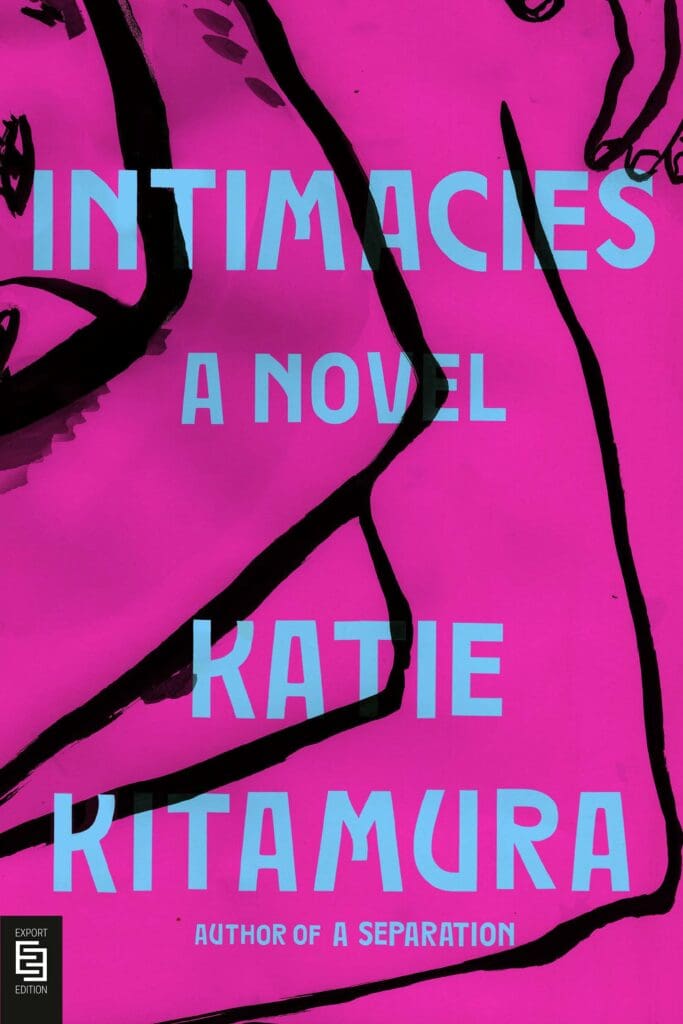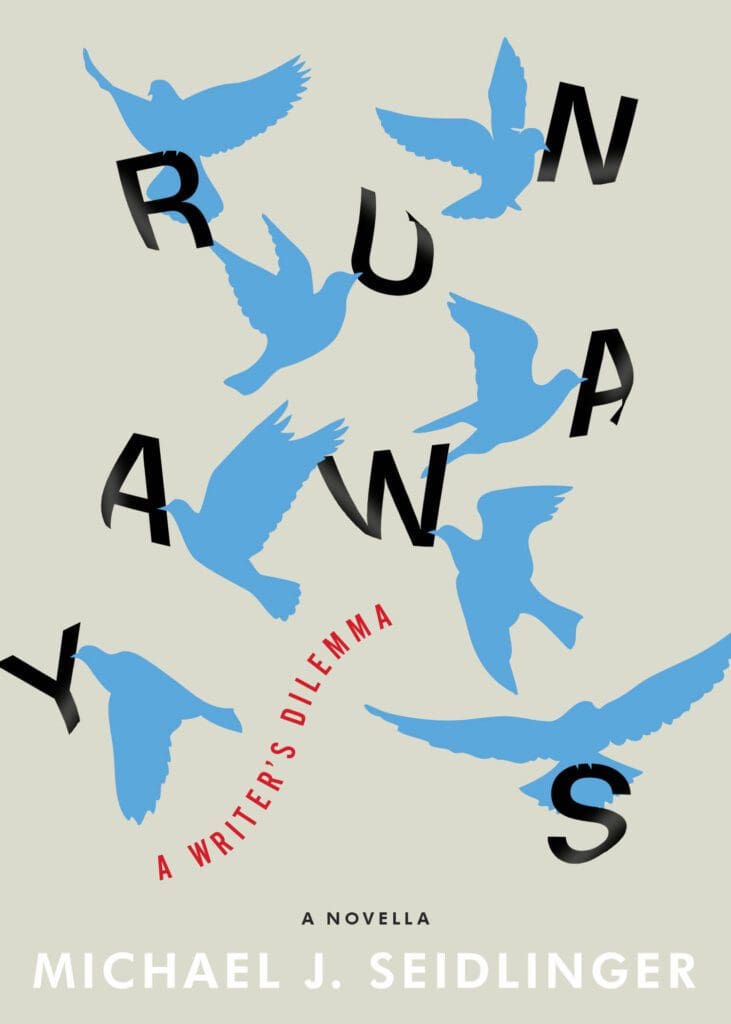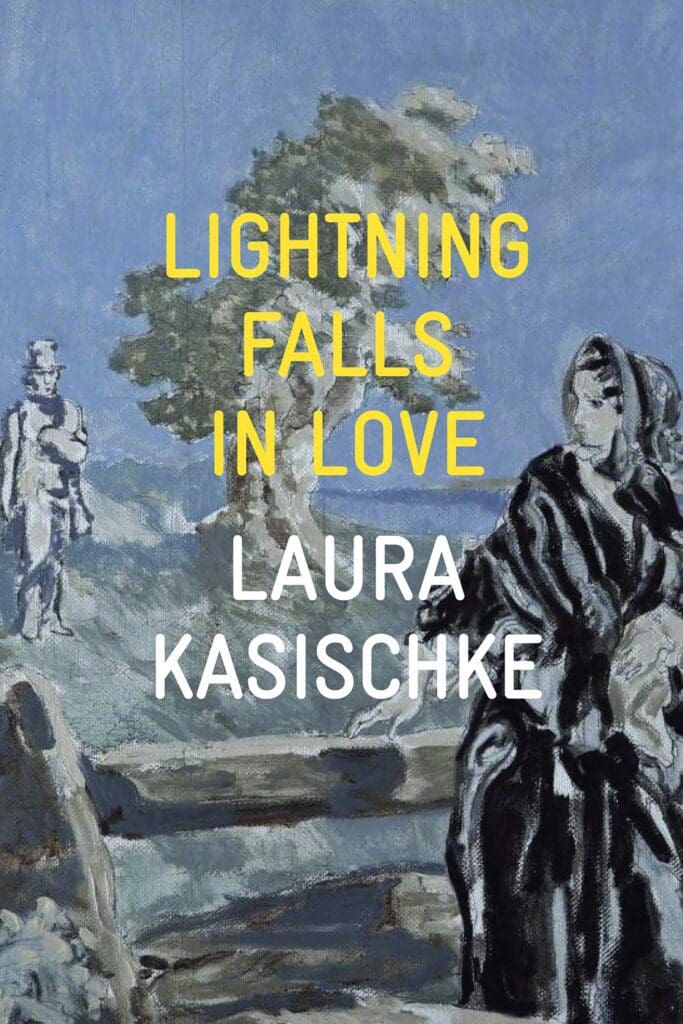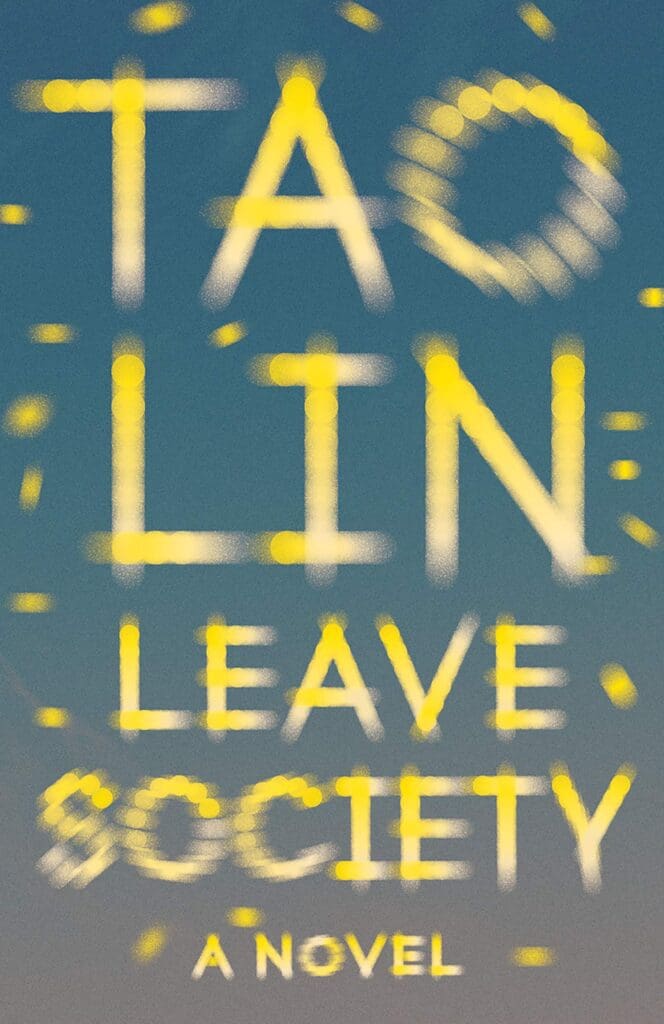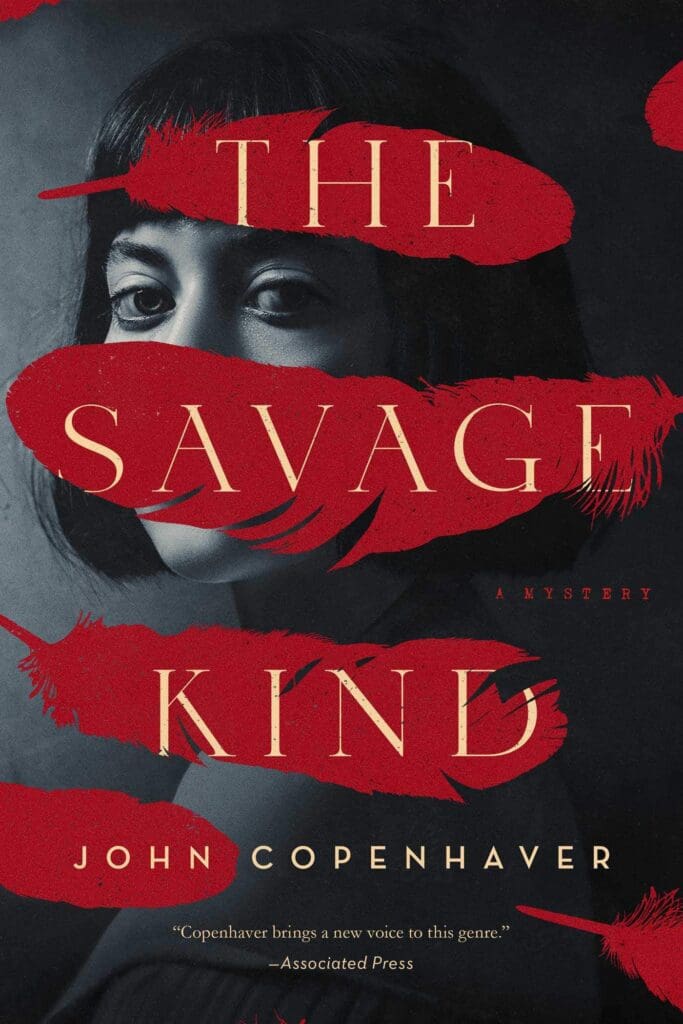Translated from the Spanish by Jessica Sequeira, Horses Drawn with Blue Chalk (42 pages; Ugly Duckling Presse) is Bolivian poet Rocío Ágreda Piérola’s first English publication, a bilingual presentation of poems from her 2017 chapbook, Detritus, and prose fragments from her working manuscript Quetiapine 400mg. In her introduction, Sequeira aligns the collection with the work of Argentine poets such as Hugo Mujica and Héctor Viel Temperley, situating Horses Drawn with Blue Chalk at the interstice of “carnality, communion and the word.” The opening excerpts from Ágreda Piérola’s manuscript make a bid for fragmentation as a means of “reconstructing and vanquishing […]
‘Horses Drawn with Blue Chalk’ by Rocío Ágreda Piérola: Language as an Unlimited Spectrum
by Chiara Bercu
